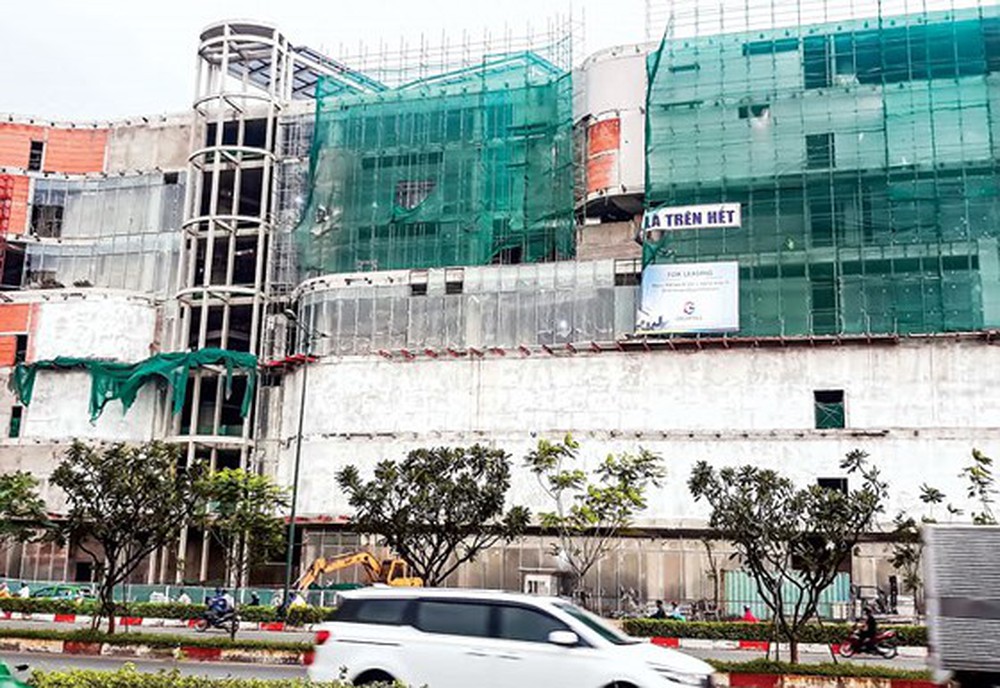According to a representative of the department, the number of new buildings and its eligibility to sell would decline drastically in the future due to complicated administrative work leading to delay in approval.

Meanwhile, in its recent document sent to relevant agencies, the Ho Chi Minh City Real Estate Association (HoREA) complained the city’s state collection of land use fees dropped by 22.5 percent last year and by 76 percent in Jan-Feb 2019 compared to one year ago. Seventy-six real estate businesses owed a combined VND800 billion of land use tax.
Besides, construction firm saw a reduction in the number of bidding in projects since property developers have had no new projects implemented.
Land use fee and rent account for a large proportion in HCMC’s state budget revenue and city authorities base on it to cut down annual land price coefficient, HoREA noted.
The association added in case annual land price coefficient is raised, it will affect land use payment and households’ land rent from 2020 and later. Accordingly, policy makers should carefully consider all including land price coefficient and land price index for the social stability and security.
HoREA recommended relevant agencies apply the land price coefficient this year equivalent to 2018 as per the government’ decision No. 09/2018 which ranges from 5 to 8 .33 percent.


















